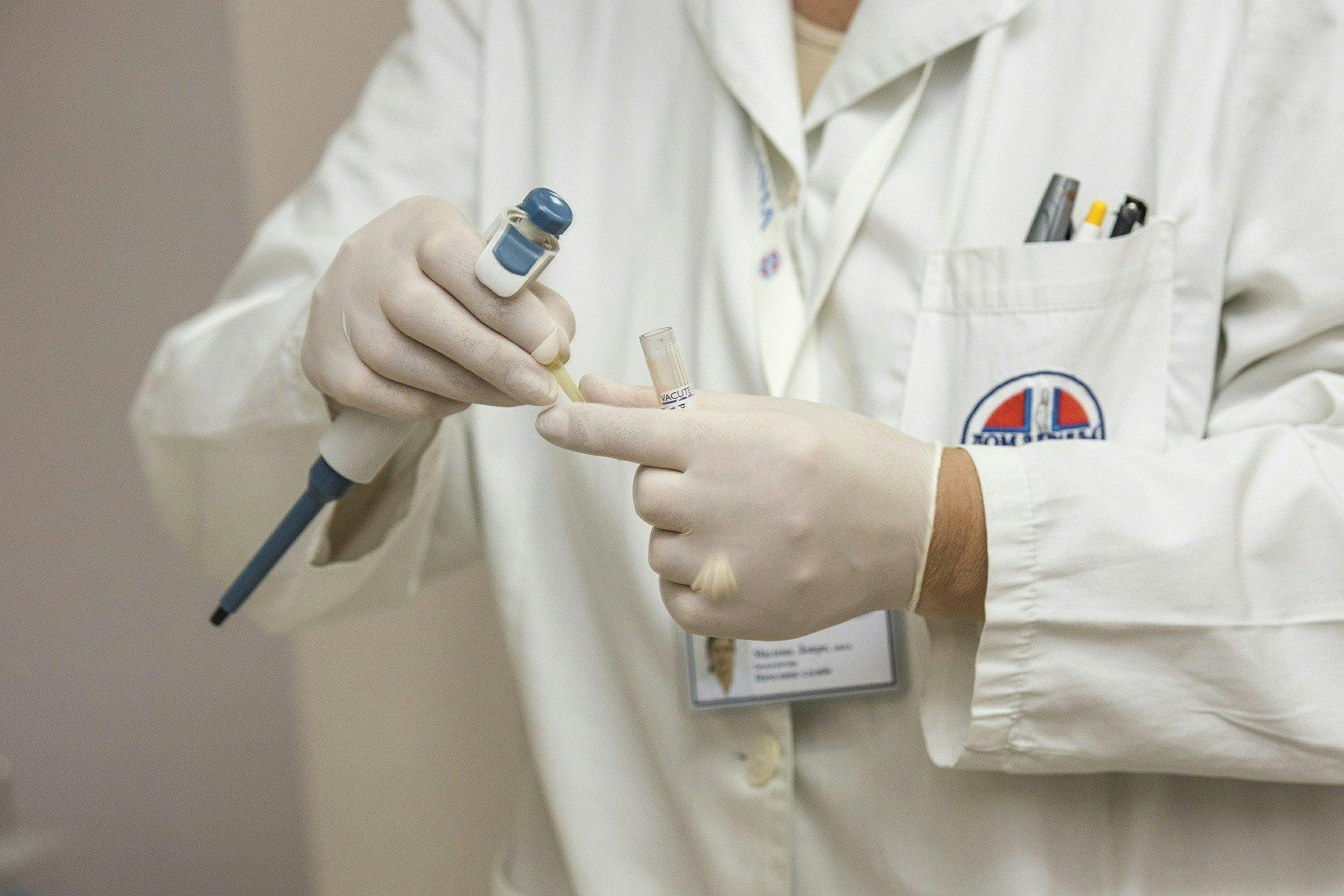When most of us need to go to a hospital, we are not thinking that the doctors and nurses working there could exacerbate our injury or illness. However, this happens to thousands of Americans every year when the duty of care medical professionals are supposed to grant their patients is breached and medical malpractice occurs. During a pandemic scenario, an increase in malpractice may be seen as hospitals are flooded with patients suffering from a disease that relatively little is known about.
Duty and Standard of Care

Two terms that you will come across in a medical malpractice case are duty of care and standard of care. Duty of care is the legal obligation to avoid causing harm to someone who you are meant to protect. For example, the average person generally is not bound by a duty of care, but healthcare professionals, or even lifeguards, are. Harm can either be caused by an act or the omission of an act. It also applies to both individuals and organizations, meaning that doctors and hospitals owe a duty of care to their patients. In some cases, a doctor may not be found to have breached the duty of care, but the hospital itself may have.
Standard of care is only relevant once a duty of care has been established. It lays out what actions or inactions are reasonable within the current circumstances. Failing to act in a reasonable way can result in a breach of the standard of care. When a doctor is found to have practiced medicine below the standard of care he or she is found to be negligent.
Triage Policies

One, often controversial, standard of care that doctors and hospitals occasionally need to follow are triage policies. These policies are how hospitals and doctors determine which patients get which treatments and in what order. Under normal circumstances, triage policies usually dictate that patients with more serious injuries are seen before those with less serious ones. This is why you may spend a long time in the waiting room with a broken arm. It is a fairly serious injury, but overall it is not as urgent as many other injuries coming into the emergency room.
Under pandemic circumstances, doctors and hospitals may be forced to make more difficult choices when it comes to triage. As hospitals reach capacity, they will have to determine which patients to treat and which to turn away. Even just among patients suffering from COVID-19, decisions will have to be made. The more serious cases will have access to ventilators while the less serious ones do not. And some cases of the virus will be deemed too serious for a ventilator to have any effect. These patients will likely not survive either way and so doctors will opt to use the ventilators on others who have a better chance of survival.
Proving Medical Malpractice Occurred

To prove that medical malpractice has occurred, you will have to prove that both the standard and duty of care were breached by either the hospital or your treating doctors or nurses. In some cases, this will also involve proving either that the hospital’s triage policies were not followed or that those policies were flawed from the start, such as if they are discriminatory against a protected class. You will also need to prove that you or your loved one suffered damages as a direct result of the duty of care breach and that those damages are compensable. For example, simply waiting longer for treatment would not count unless that delay in treatment went against the medical consensus and resulted in harm that could otherwise have been prevented.
When it comes to malpractice, there are a number of ways for it to occur. Misdiagnosis is more common than you might expect. Many injuries and illnesses share some symptoms, but that is no excuse for a misdiagnosis. Doctors should continue to probe the patient until their injury or illness is clear. Without the correct diagnosis, it will be difficult for the correct treatment to be administered, which can lead to the true issue going untreated. Improper treatment is another form of malpractice by which the treating physician simply prescribes an ineffective treatment for the patient’s condition resulting in a worsening of the condition. And failure to treat an injury or illness can also lead to the patient’s condition worsening.
Conclusion
During a pandemic, when hospitals are busier than usual, breaches in both the duty and standard of care may be more likely to occur. The duty of care is established when a person or entity is legally obligated to protect another person from harm in some capacity. Once the duty of care has been established, the standard of care dictates how that duty is to be carried out based on a reasonable consensus. One potential area for the duty and standard of care to be breached is with triage policies that dictate which patients receive treatment. However, to prove that medical malpractice occurred, you will need to prove that there was a duty of care, that the duty was breached, and that you suffered compensable damages as a direct result of that breach.
Sacchetta and Baldino Trial Lawyers
If you have been injured due to medical malpractice, you may be eligible for significant compensation. At Sacchetta and Baldino, our lawyers have extensive experience with fighting medical malpractice cases of all kinds. Contact us today to learn more about how we can put our experience to work for you.

